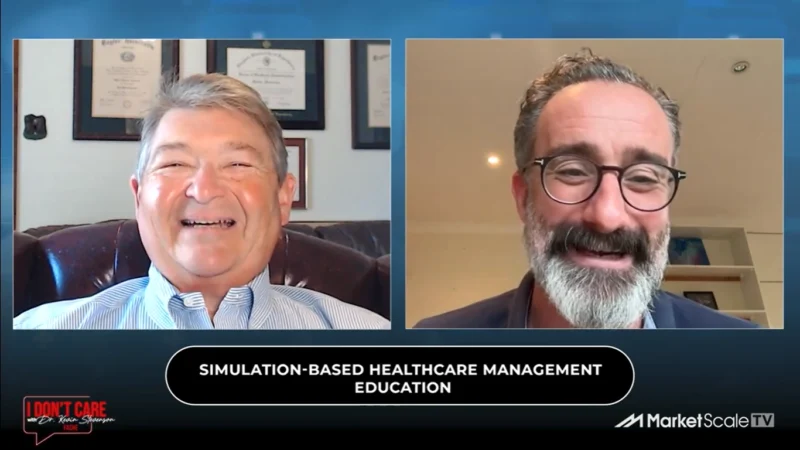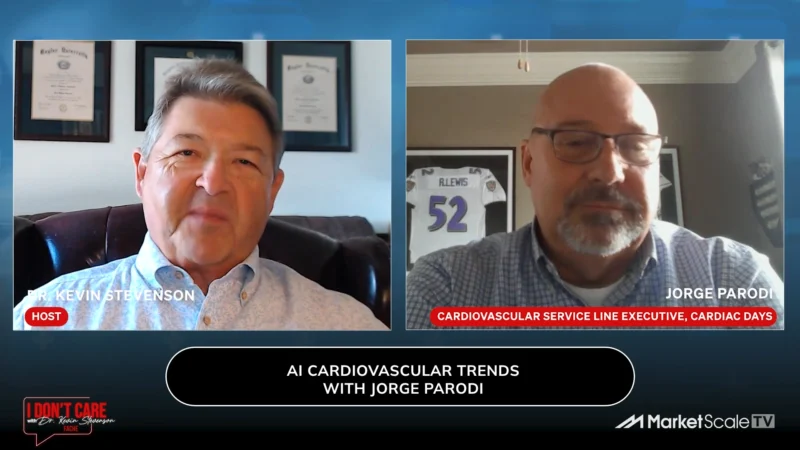How to Maximize Business Value While Handling Data Privacy in Healthcare: Integral Leads the Way
In today’s rapidly evolving digital landscape, healthcare data is becoming increasingly vital. However, navigating the complexities of HIPAA compliance and data privacy in healthcare poses a significant challenge for medical and technology professionals. In this context, Shubh Sinha, CEO of Integral, is leading the charge in transforming how sensitive data is handled, ensuring both privacy and business value.
What pressing question does this conversation aim to address? How can healthcare organizations leverage data effectively while ensuring compliance and privacy? Dr. Kevin Stevenson, the host of I Don’t Care with Kevin Stevenson, engages Sinha in an insightful conversation on the intricacies of handling data privacy in healthcare.
Main Points of Conversation:
- The growing importance of healthcare data and the challenges of data fragmentation.
- Integral’s unique approach to streamlining compliance and connecting sensitive healthcare datasets.
- The future of healthcare data management and the proactive solutions Integral is developing.
Shubh Sinha, originally from Nashville, Tennessee, is the CEO and co-founder of Integral. With a background in computer engineering from Purdue and experience at LiveRamp, Sinha has a deep understanding of data management and privacy. At Integral, he focuses on providing solutions that balance the need for data utility and privacy in the healthcare sector.
Article written by MarketScale.




